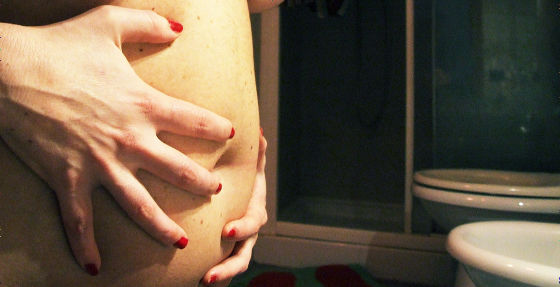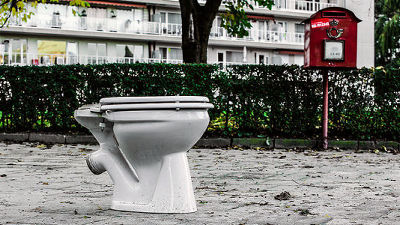It is confirmed that 93% of diarrhea will be cured when transplanting feces other than yourself into the intestine
When culturing bacteria contained in feces collected from healthy dogs and transplanting them to dogs who have trouble on their stomachs, the intestinal environment began to improve within 12 to 24 hours, and 93% was found to overcome diarrhea It was.
The power of poop: Southeastern Guide Dogs on cutting edge of fecal transplant technology | Bradenton Herald
http://www.bradenton.com/news/local/article67543837.html
Dogs collected in one place and kept in a group tend to have diarrhea due to the environment and troubles in the gastrointestinal tract. However, improvement of intestinal environment in dogs is often costly and time consuming, and trying to solve the problem using antibiotics in search of immediate effect, "I will kill the bacteria in the intestines and leave bad bacteria It is also a situation that can be a tough overhead called "
One of the causes of dog intestinal troubleWelsh fungusHowever, Welsh bacteria may also harm human beings, and in the United States about 14,000 out of 347,000 people infected with Welsh fungus in 2014 have died. Although it is possible to do the method "transplanting feces and preparing the intestinal environment with good bacteria and killing bad bacteria", it is also possible for humans to do itColonoscopeIt is necessary to conduct inspection etc., which requires expensive expenses.

ByMatteo Giauro
But dispatch a guide dog to an invisible personSoutheastern Guide DogsVeterinarian Kevin Conrad noticed that "in the case of a dog, you can transplant feces in a more rough way", freeze the sample of feces collected from healthy dogs, cultivate the bacteria contained therein After confirming that certain "good" bacteria are contained, liquefy it and pour it from the anus of the dog which has trouble in the intestine with a tube.
The difficult part in the survey was to obtain 'good bacteria for intestinal environment'. Bad bacteria can be identified relatively easily, but I do not know exactly what to do with just looking at the dog that has trouble in the intestines. Therefore, Mr. Conrad decided to collect samples from the dog "I have never diarrhea even if I eat anything in any environment" and use it for treatment. Because a dog that does not diarrhea in any circumstances should have nice "intestinal bacteria" by nature.
Using the above method, the disease condition of dogs began to improve in roughly 12 to 24 hours. In addition, although the success rate in the first operation was 87%, the success rate increased to 93% when the treatment was done twice.

ByJay Melnick
Early in the experiment I was experimenting with puppies, but now it seems that adult dogs and pregnant dogs are also confirming the effect. When fecal transplantation was carried out to a pregnant dog, children born never had intestinal troubles, and that transplantation can "prevent" not only "cure" intestinal problems but also "prevent" It turned out.
Related Posts:








